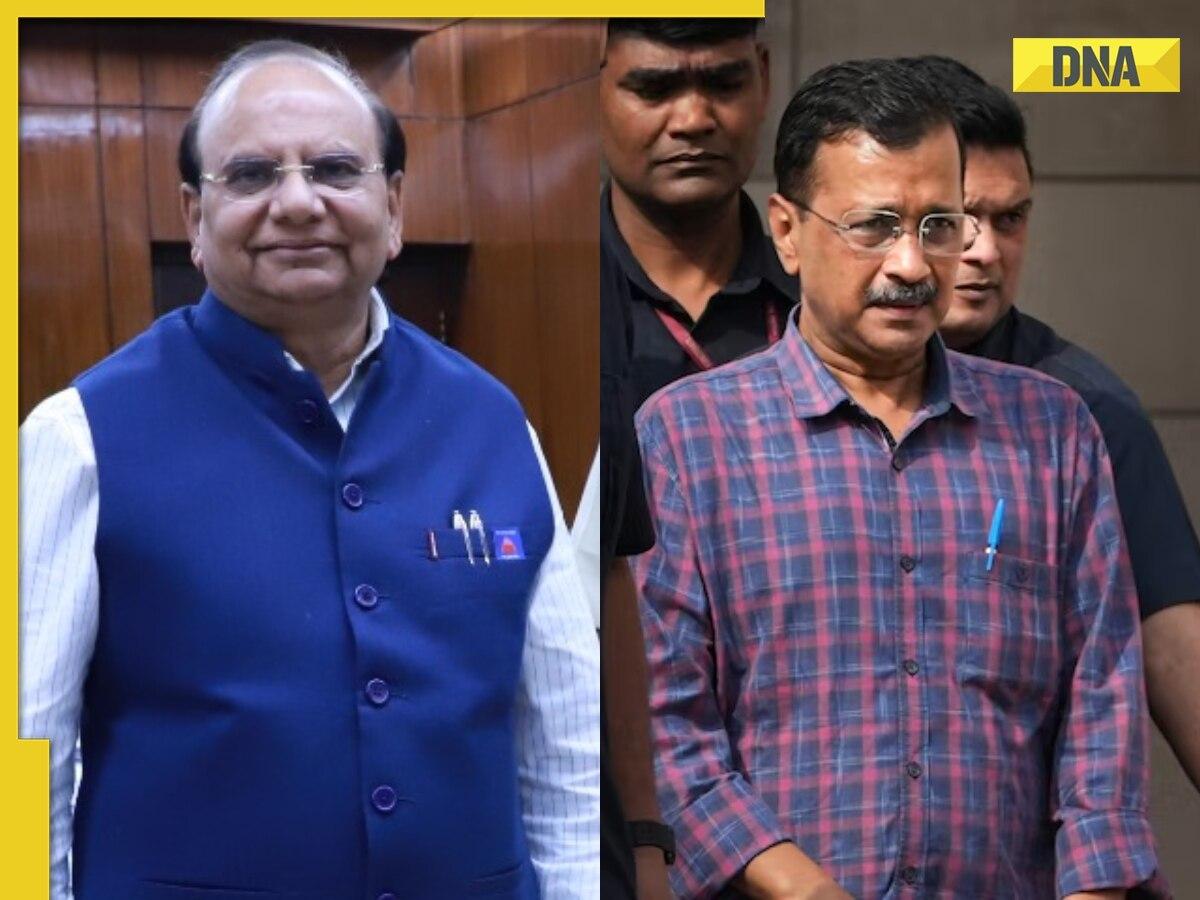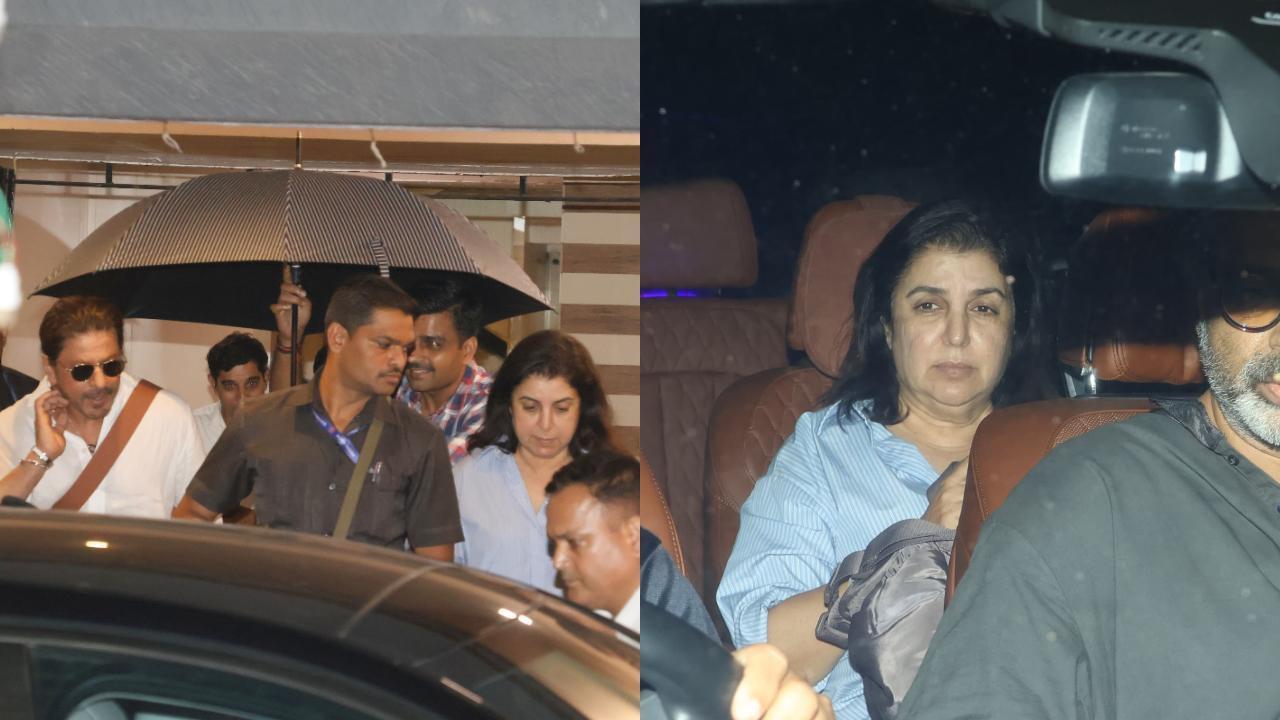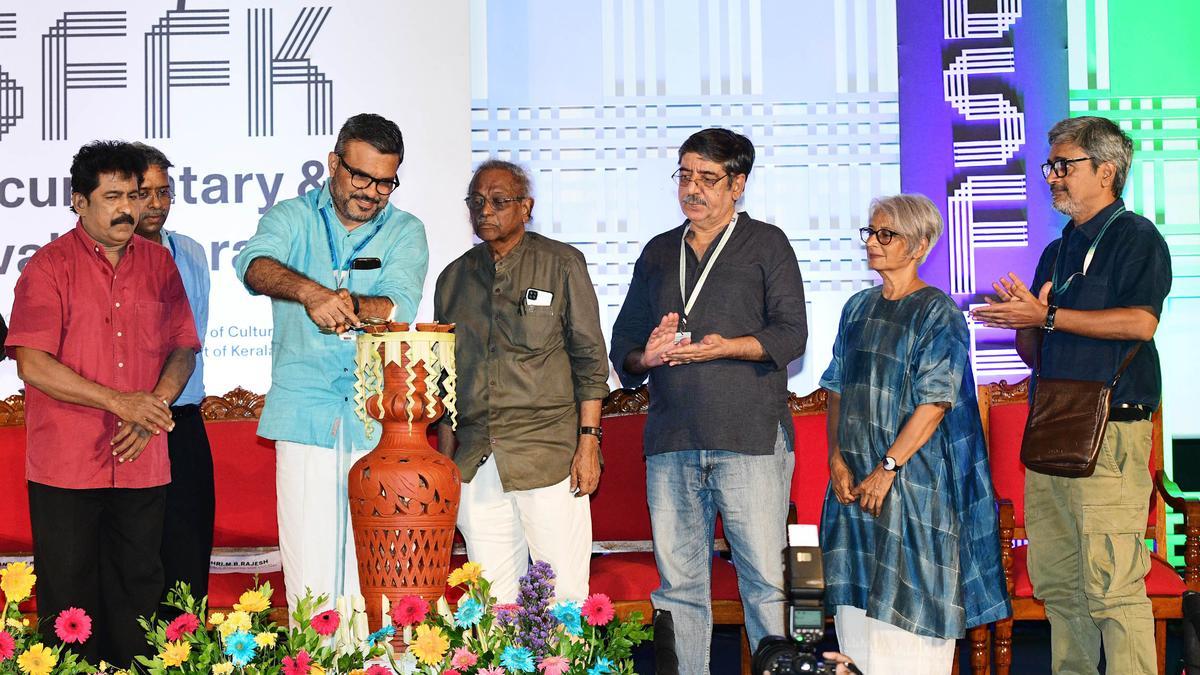
In a recent turn of events that has stirred the political landscape of India’s national capital, Delhi Lieutenant Governor Vinay Kumar Saxena has called for a National Investigation Agency (NIA) probe into an incendiary matter concerning the Chief Minister of Delhi, Arvind Kejriwal. It has come to light that allegations have surfaced accusing Kejriwal’s political outfit, the Aam Aadmi Party (AAP), of receiving substantial financial backing to the tune of USD 16 million from sources linked to extremist Khalistani groups, including the proscribed outfit Sikhs for Justice (SJF).
The case has garnered significant attention against a backdrop of tension and political intrigue, with the accusation framed around AAP’s purported advocacy for the cause of Devendra Pal Bhullar, a convict associated with Khalistani sentiments. The implication is that AAP has been courting extremist factions by echoing pro-Khalistani rhetoric and stands accused of capitalizing on these associations for electoral gain.
The LG’s recommendation for an NIA probe follows a received complaint and stands as a testament to the anxiousness that grips the country in matters of national security and integrity. Notably, the call for investigation precedes a pivotal judicial decision by the Supreme Court, which is expected to deliberate on granting Kejriwal interim bail amidst the ongoing Lok Sabha elections, finding the AAP Chief in custody at Tihar Jail, Delhi.
Sikhs for Justice has been a contentious entity in India ever since its inception, primarily for its advocacy for an independent Sikh homeland. Its activities have led to its designation as a terrorist organization under the Unlawful Activities (Prevention) Act (UAPA) by the Indian government back in July 2019, exposing the gravity of the current accusation that looms over Kejriwal.
Kejriwal’s political reputation now teeters precariously on public sentiment and the pursuit of justice amidst these explosive allegations. AAP has swiftly reacted to these developments, with party spokespersons suggesting that the BJP is orchestrating these events in a bid to deflect attention from their imminent defeat in the Lok Sabha polls in Delhi. The AAP camp opines that the BJP is in a desperate attempt to detract from its shortcomings and hold onto power, highlighting that the BJP stands to lose control over all seven of Delhi’s Lok Sabha seats.
This political skirmish casts shadows on the democratic process and the legitimacy of political financing in Indian elections. It raises fundamental questions about the influence of radical groups over politicians and their policies. The central government’s response indicates a no-tolerance approach towards any such insurgent involvement, particularly when it strikes at the heart of India’s electoral integrity.
In an unrelated but consequential parallel, Jet Airways founder Naresh Goyal has been granted a two-month interim bail on medical grounds amidst a separate money laundering case. This development renders a broader context to the vigilant stance Indian agencies are taking concerning economic irregularities and the nation’s financial security landscape.
As the Supreme Court contemplation coincides with the elections, one of the biggest democratic exercises in the world faces a conundrum. It is not merely the capitulation of a figurehead or the reputation of a political party that is at stake. It’s the conscientiousness of electoral financing, the imperviousness of the legal system, and the sanctity of the electoral process that now come under intense public and judicial scrutiny.
The ensuing days are set to unfold dramatic outcomes as the NIA begins its probe, and the Supreme Court decides on Kejriwal’s bail. The ramifications are sure to resonate through the echelons of power corridors in Delhi and beyond. What is certain is that the fabric of Indian politics faces another litmus test in its enduring saga.










